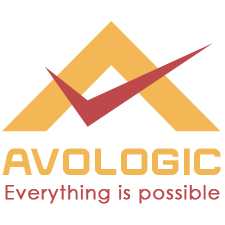A Banking and Finance diploma is a program that provides individuals with the knowledge and skills required to work in the banking and finance industry. Here are some of the key concepts covered in a Banking and Finance diploma program:
- Financial Accounting: Students will learn about the principles of financial accounting, including the preparation of financial statements, financial analysis, and financial reporting.
- Economics: The program covers basic economic concepts, including macroeconomics and microeconomics, monetary policy, and fiscal policy.
- Banking: Students will learn about the different types of banks, banking operations, banking regulations, and banking products and services.
- Corporate Finance: The program covers financial decision-making, investment analysis, capital budgeting, and risk management.
- Financial Markets: Students will learn about financial markets, including stocks, bonds, derivatives, and commodities.
- Financial Planning: The program covers personal financial planning, including retirement planning, investment planning, and tax planning.
- Risk Management: Students will learn about different types of financial risks, such as credit risk, market risk, and operational risk, and how to manage them.
By completing a Banking and Finance diploma program, individuals can gain a comprehensive understanding of the banking and finance industry and develop skills to work in various roles such as banking, corporate finance, financial analysis, investment banking, and financial planning.
Page Copyright
© Copyright @Avologic 2016 - 2023 All Rights Reserved.
